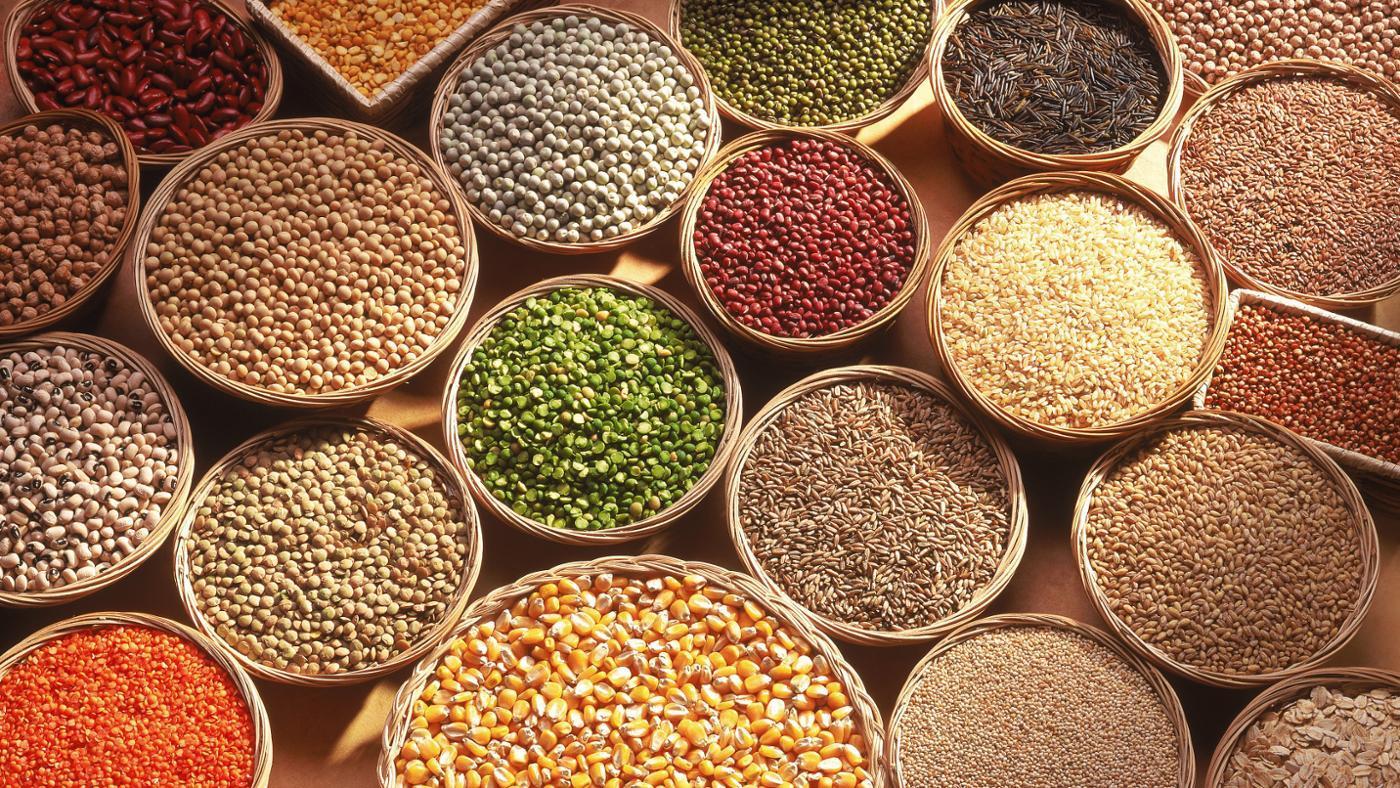GAIN over the years has established several programs in the pursuit to eradicate malnutrition . One such unique movement (global movement) has been the Scaling Up Nutrition (SUN) program, founded on the principle that all people have a right to food and good nutrition. It joins people from the governments, civil society, donors, businesses , international organisations and researchers in a collective effort to improve nutrition .
In an effort to promote this movement , in 2012 the SUN Business Network (SBN) (a private sector branch) was launched to enhance business engagement. SBN strives to enable businesses, companies etc. to build a connected network that can expend the nutrition market, be able to contribute to a collective voice and community for nutrition in a particular country and to significantly provide into government policy decisions . The Sun Business Network assists countries to make their own country-led, multi-stakeholder approaches for scaling up nutrition with businesses and entrepreneurs.

Last week Friday, I attended a SUN Business Network Quarterly Meeting organised by GAIN and WFP. It was quite interesting to listen, to stakeholders from all over the country bringing to the table in-depth discussions in relation to presentations given as well as sharing of various ideas through the session. Examples of businesses relevant and represented in this network include; companies linked to the food system like food producers, crop input suppliers , food processors & ingredient companies, food packaging producers, transporters, retailers etc. Those indirectly linked to the food systems include large-scale industrial producers eg exile or plastic companies, financial institutions as well as media and telecommunication companies. Below are a few pictures;
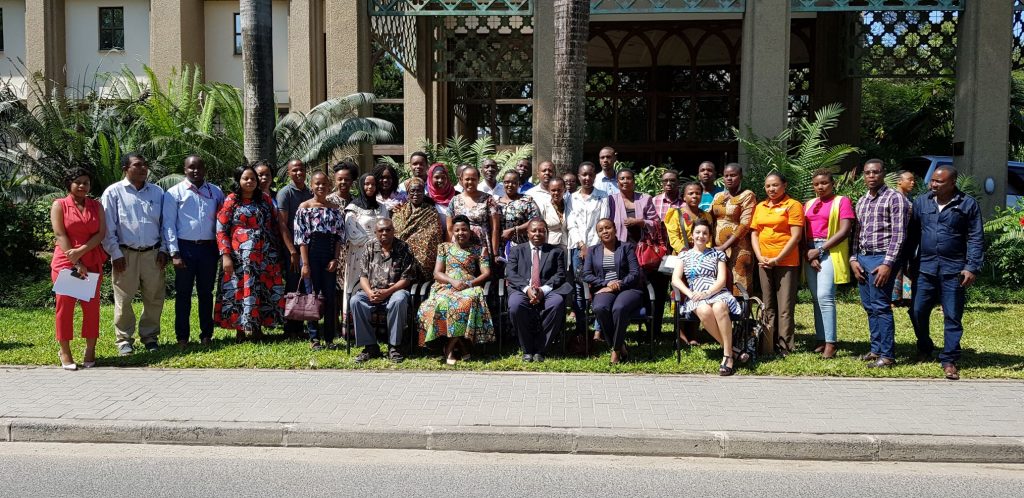
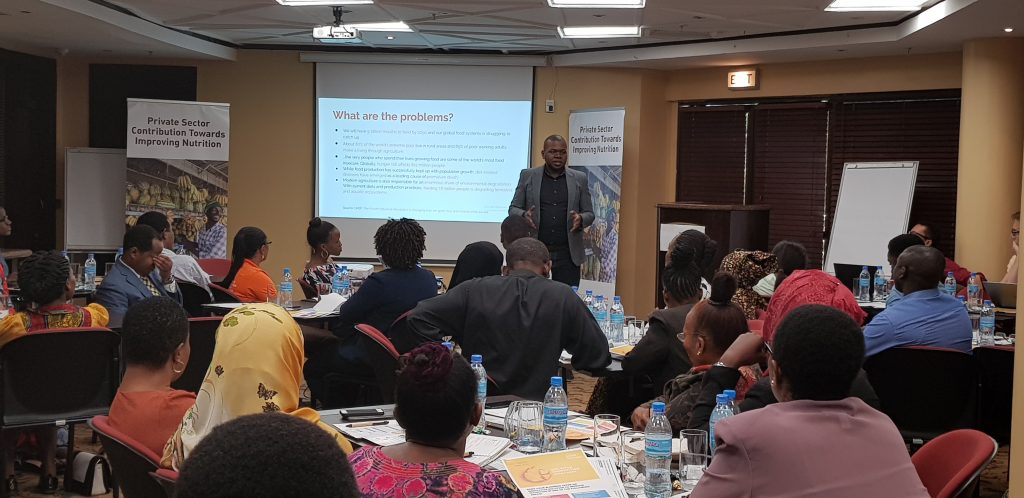
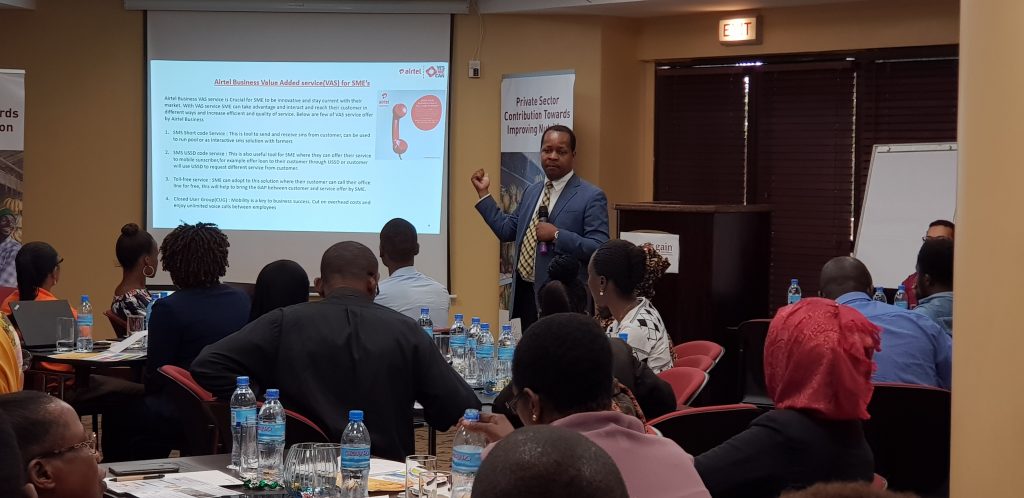
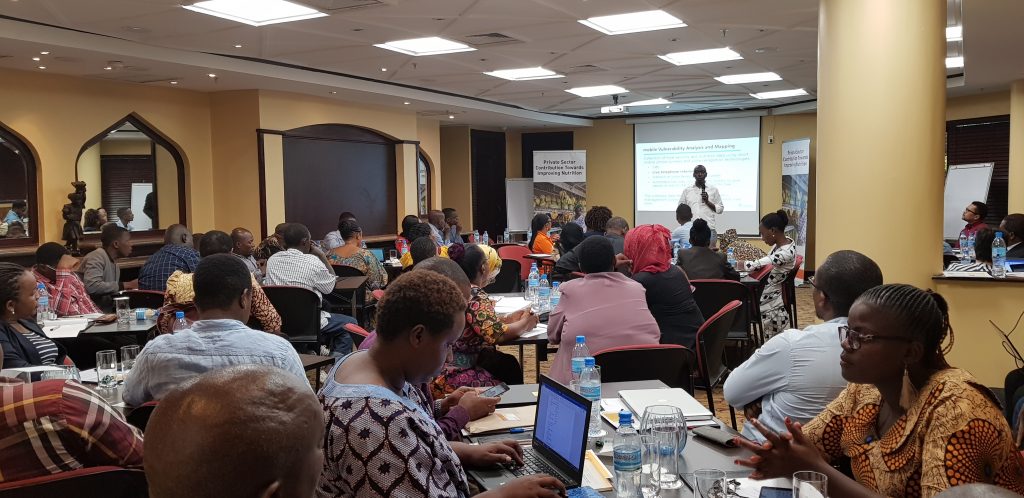
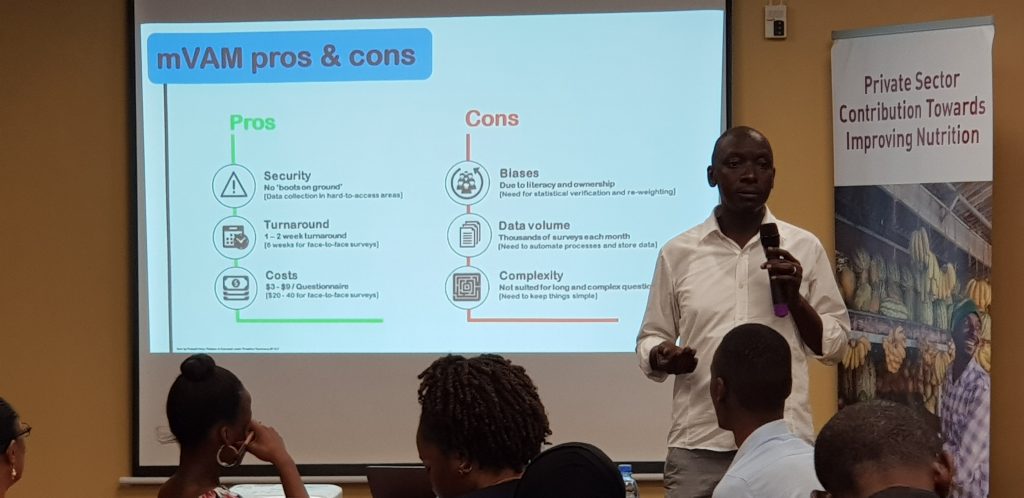
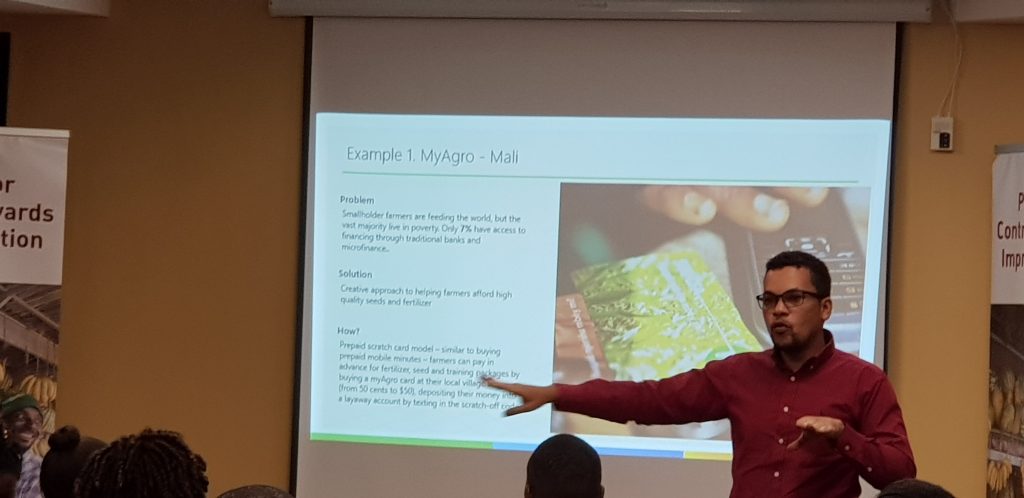

Some of the key things noted through this session included;
- Some of the recent trends in technologies to improve the efficiency of agricultural production and marketing in Tanzania has been through promoting value chain linkages through doing business through mobile phones, precision farming, food sensing technologies etc.
- The utilization of technology in gathering food security and nutrition data using tools like the mobile vulnerability analysis and mapping (MVam) tool has shown great potential in Tanzania for easier collection of data . This involves the collection of food security and nutrition data using short mobile phone surveys and voice recognition technologies. The methods involved comprise of phone messages, live telephone calls and automated two-way communication systems.
- Innovative technologies in agricultural value chains (a look at examples from different parts of Africa), that can also be implemented in Tanzania;
- Creating approaches to help farmers afford inputs (high-quality fertilizers and seeds) by using a prepaid scratch card model,
- Connecting farmers and tractor operators in the area by online and USSD (Short messaging services) platforms.
- Enabling farmers to increase shelf-life and reduce losses of post-harvest grain using triple layer sealed plastic bags, cutting off the oxygen supply to create hermetic conditions.
That will be all for now, till next time…..
Kwaheri!!!
